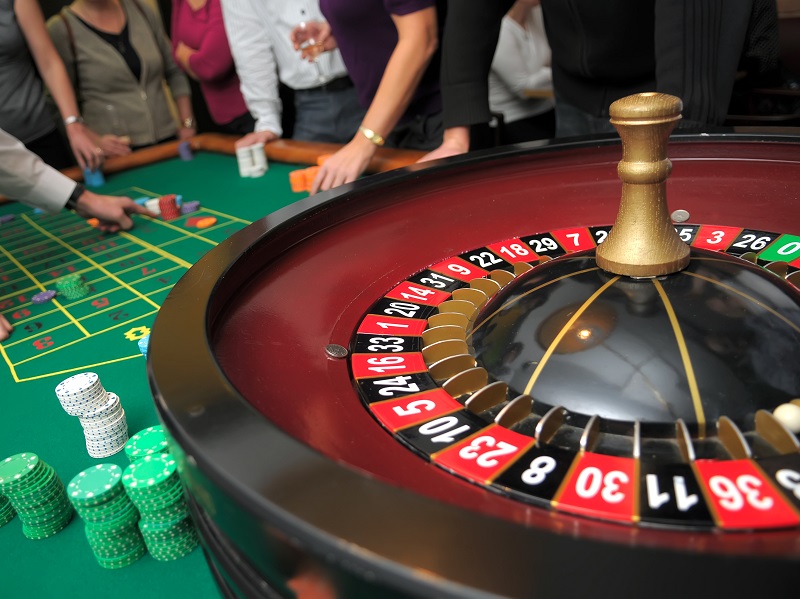Compulsive gambling is a disorder that is the overpowering desire to gamble irrespective of the damage it is doing to your life and family. Gambling can have a similar effect on the brain as drugs or alcohol and can lead to addiction.

The reward system in the brain is effected and gives you the desire to chase bets that lead to loss, lie about your betting and spending money you don’t have. It can also lead to criminal activity so you can fund your addiction.
Compulsive gambling is very serious and can ruin the lives of your family as well as your own. Treatment is available but can be though.
Symptoms
Compulsive gambling disorder symptoms:
- A preoccupied obsession with all things about gambling
- The need for higher and higher stakes to get the thrill
- Unable to control or stop
- Restless and irritated when you are unable to gamble
- Use gambling to escape from the real world
- Always try to win back lost money
- Lies and deceitful to family about your gambling
- Putting everyone else in the back seat, even if it means losing your job, family and friends
- Stealing money
- Always asking to borrow money
Those with a gambling addiction are unable to stop and unlike other casual gamblers will keep gambling regardless of the negative consequences. Compulsive gamblers may go into remission now and then but without the right treatment it will not last.
It might be time to see your GP or other professional if your family and friends have expressed concern about your gambling. Denial is your worst enemy as you need to admit to the addiction before anyone can help you.

Causes and Risk Factors
A gambling addiction could start because of a combination of things, a biological or genetic tendency or it could have been your environment. Not everyone who gambles will have a problem and there are certain components that are more associated with gambling:
- Mental Health – Many times problem gamblers have substance abuse issues, depression and personality disorders. A gambling addiction has also been associated with bipolar, OCD and ADHD
- Age – Most compulsive gamblers are middle-aged or younger. Childhood gambling or in the teenage years can increase the risk of compulsive gambling.
- Gender – It is more common in men but gambling patterns for men and women are similar but women seem to start to gamble later in life.
- Family and Friends – If you spend a lot of time around people who have a gambling problem there could be a higher chance you will gamble too.
Consequences
Compulsive gambling will affect your life in the following ways:
- Marriage issues
- Money worries
- Criminal activity
- Loss of job
- Bad health
- Thoughts of suicide, suicide attempts and suicide
Prevention
There is no way to prevent a gambling addiction but some programs target those who are believed to be the most susceptive. It is probably better to avoid gambling altogether if you believe you are at risk of an addiction.
